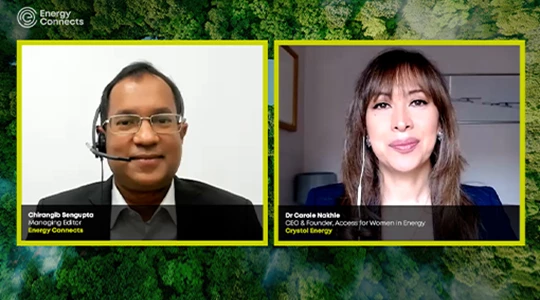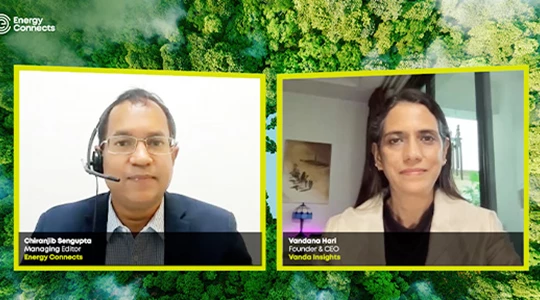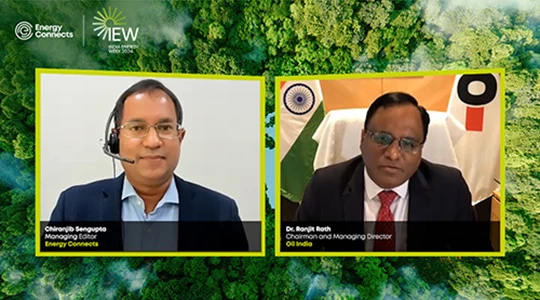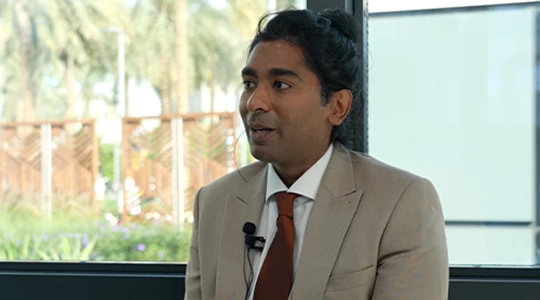Australia’s Budget Will Boost Critical Minerals, Treasurer Says
(Bloomberg) -- Australia’s budget will feature a bigger boost for the nation’s critical minerals industry, Treasurer Jim Chalmers said, describing the lucrative market as a “golden opportunity” just days ahead of releasing his annual fiscal blueprint.
“The critical minerals space is one of the reasons why there is so much attention from global and domestic investors, but we need to make sure we can attract and deploy that,” Chalmers said in an interview with Bloomberg in Canberra on Sunday.
The treasurer will release the budget on Tuesday night, when he is aiming to strike a balance between containing stubbornly high inflation in the near term and investing in Australia’s economic future over the years ahead.

Australia’s critical minerals industry is a major part of the government’s push to capitalize on the worldwide green energy revolution. Major powers including the US are keen to use Australian battery minerals as part of an effort to break reliance on Chinese supply for the materials, which are used in the production of solar panels, electric vehicles and lithium-ion batteries.
One of the central pillars of the budget will be the center-left Labor government’s Future Made in Australia program, a suite of measures designed to stimulate high-tech and green manufacturing in a manner similar to the US’s Inflation Reduction Act.
Although details are not public yet, Chalmers said the policy would feature a combination of “tax incentives, targeted grants, making sure that we’ve got the architecture to attract and absorb and deploy all of this private investment.”

Compared with the massive government expenditure of the US policy, Chalmers said Australia’s plan would focus on “not replacing private investment” but attracting more of it.
“We’ve got some huge advantages. We’ve been dealt some incredible cards — our resources base, our industrial base, energy, our human capital base, our attractiveness as an investment destination,” he said.
The government has already revealed an investment of A$566 million ($374 million) in boosting exploration for resources, with a particular focus on critical minerals. However, Chalmers said there would be more support to come.
Australia is expected to announce a second consecutive surplus in the budget, with a survey by Bloomberg forecasting an A$11 billion windfall, a global rarity that reflects the nation’s ultra-tight labor market and still elevated commodity export prices.
Still, a weaker outlook for China — the nation’s largest trading partner — is threatening to weigh on economic growth going forward.
Chalmers said the budget would forecast China’s GDP growth to remain between 4% to 5% but added there is the prospect of stimulus in the world’s second-largest economy.
“We are very reliant on prospects for the Chinese economy,” Chalmers said, while adding he could see a time when Australia would be less dependent on it for trade and growth.
“Some of these fast growing markets in the ASEAN region are a huge opportunity for us,” he said.
©2024 Bloomberg L.P.
KEEPING THE ENERGY INDUSTRY CONNECTED
Subscribe to our newsletter and get the best of Energy Connects directly to your inbox each week.
By subscribing, you agree to the processing of your personal data by dmg events as described in the Privacy Policy.
More renewables news

Vessel Firm’s $700 Million Takeover Targets Wind’s Ship Shortage

Nordex Group upgrades guidance after strong H1 2024 performance with 25% sales increase

TotalEnergies launches new 100 MW/200 MWh battery storage development in Germany

TotalEnergies acquires a stake in the OranjeWind offshore wind farm in the Netherlands

EWEC issues request for proposals for the development of 400MW battery energy storage system

Refining Woes Hit Big Oil as Pressure Rises on Investor Returns

EnBW to invest €1 billion in national hydrogen core network in Germany

GE Vernova Now Must Explain Broken Wind Turbine to Investors

SunPower Plunges After Halting Installs and Shipments

American Farmers’ Next Hot Commodity Is Canola for Biofuels

CSIS: long-term LNG demand to reshape global export capacity growth

More women in energy vital to the industry’s success

India’s energy sector presents lucrative opportunities for global companies

Oil India charts the course to ambitious energy growth

Maritime sector is stepping up to the challenges of decarbonisation
Partner content

Navigating the trading seas: exploring the significance of benchmarks

Back to the Future(s): the best commodities benchmarks are still physically settled

Ebara Elliott Energy offers a range of products for a sustainable energy economy

Essar outlines how its CBM contribution is bolstering for India’s energy landscape




































